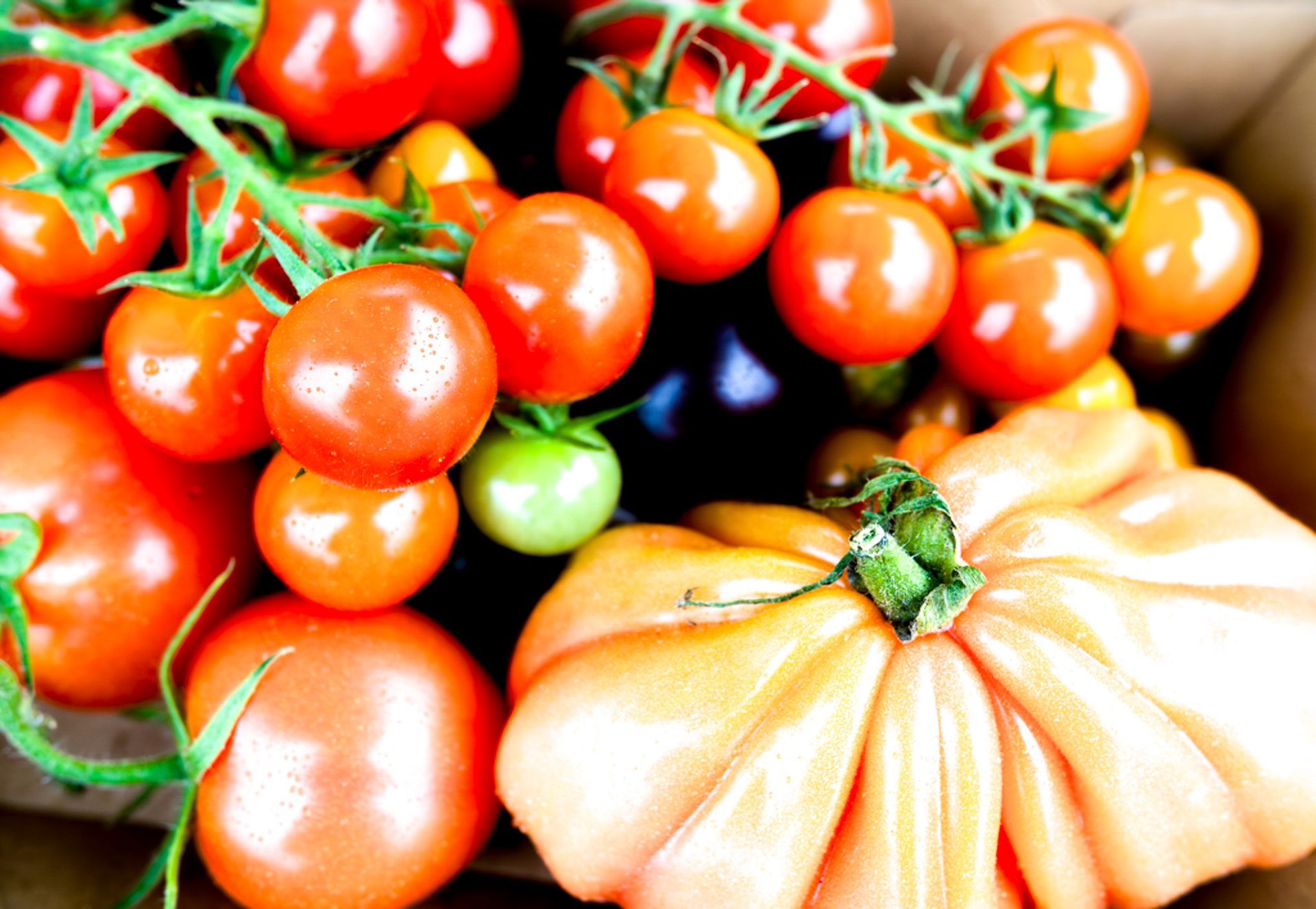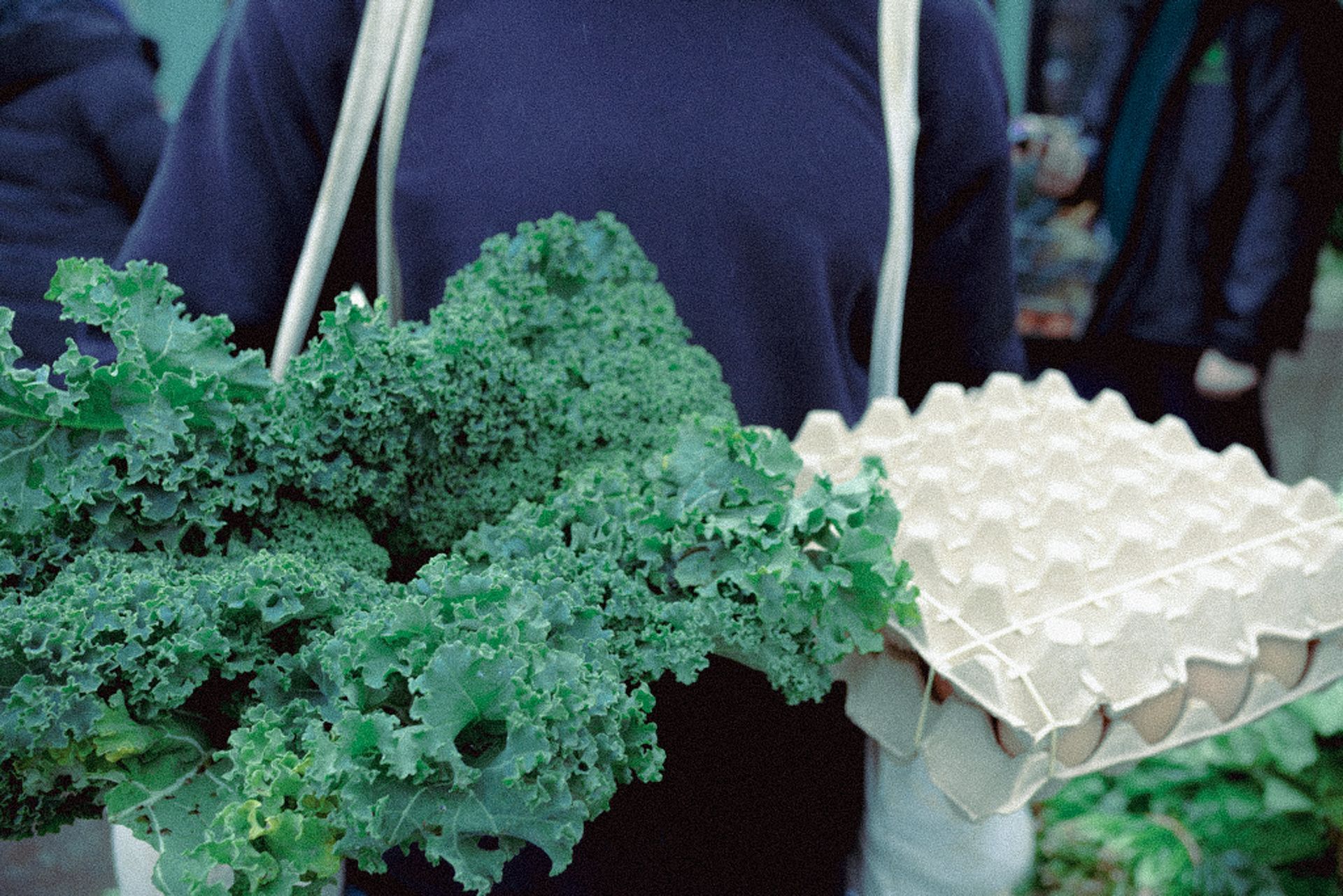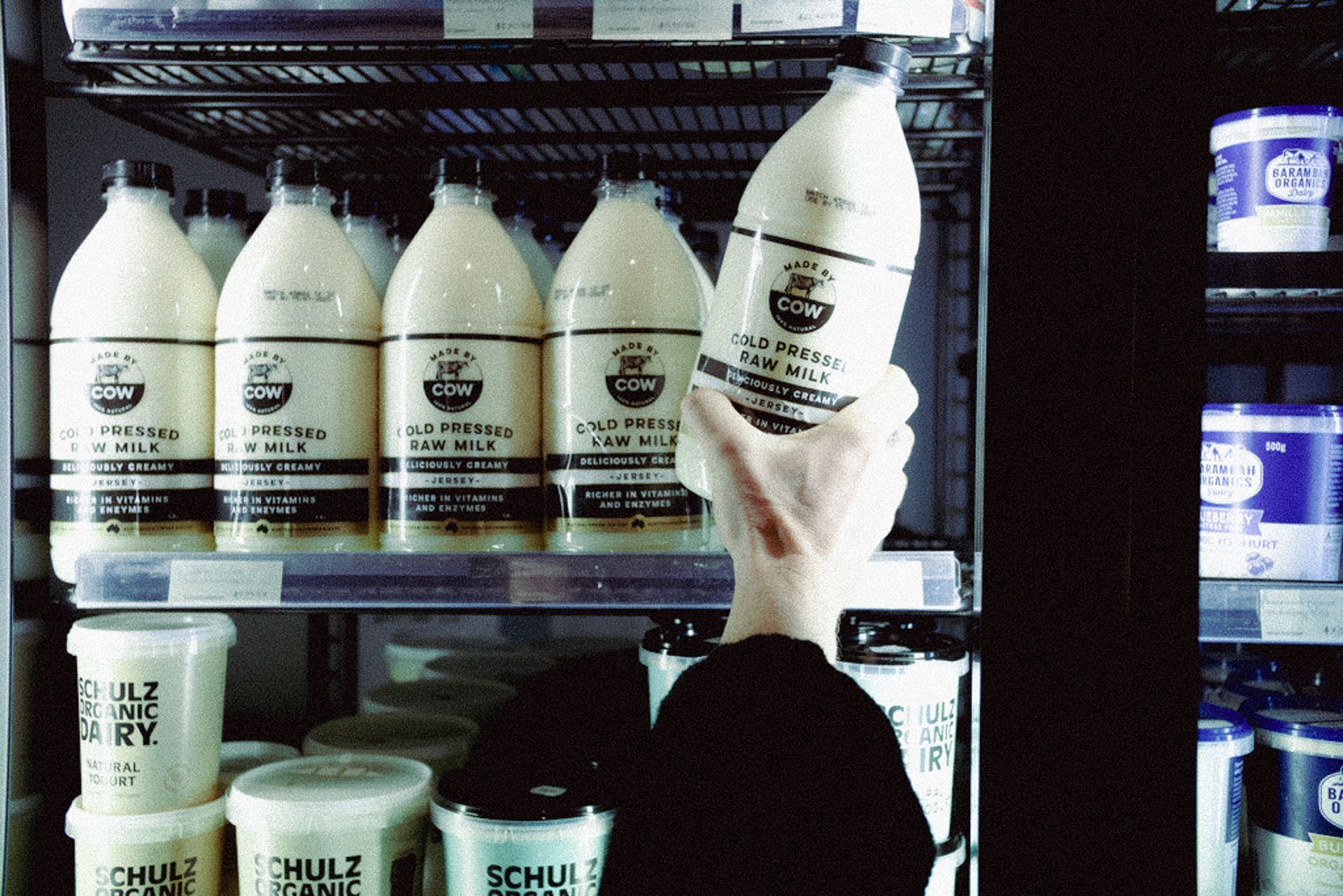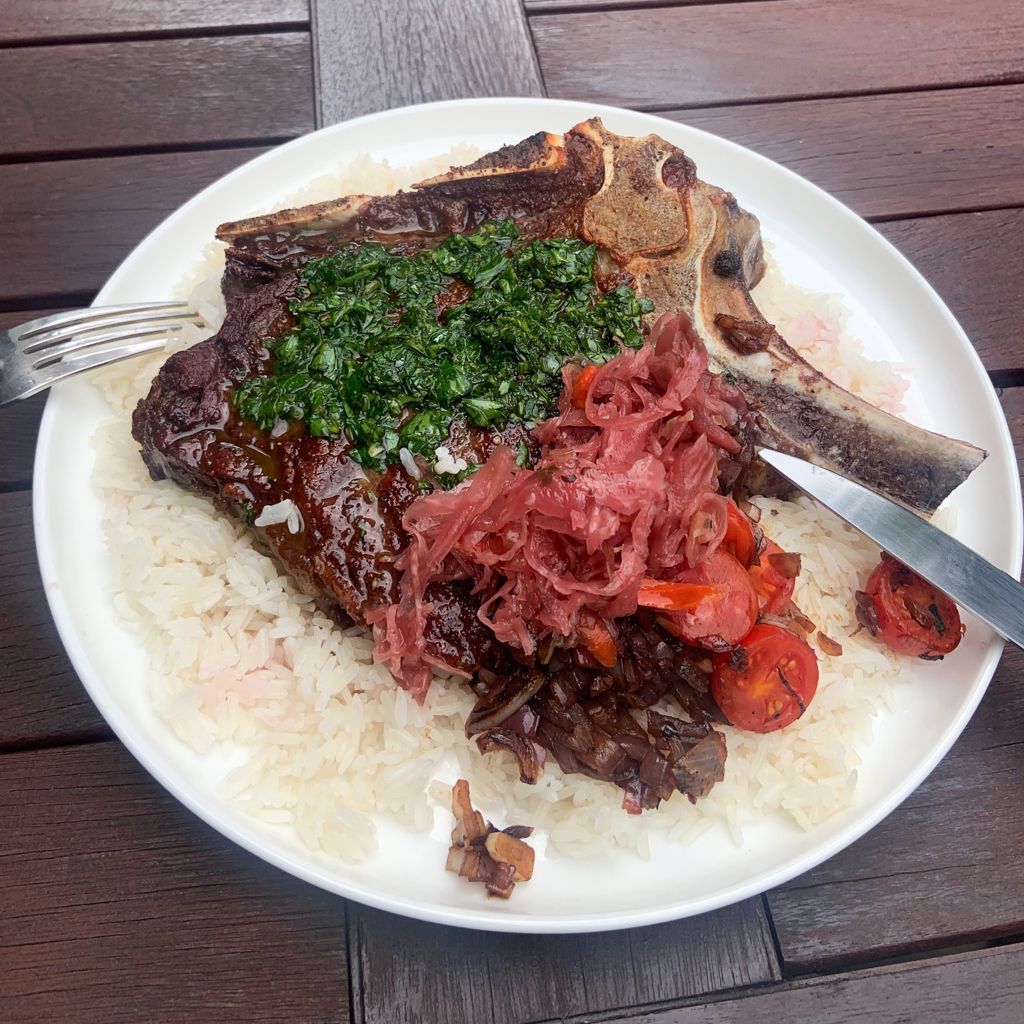Why Testosterone Matters for Men’s Health
When most people think of testosterone, they picture the hormone that fuels muscle growth and sex drive. And while that’s true, testosterone does so much more. It plays a crucial role in energy levels, mood, bone density, sperm production, and even heart health.
Here’s the thing: modern life is designed to work against us.
Between processed foods, chronic stress, late nights, and sitting too much in front of the computer, many men are walking around with lower testosterone levels than their grandfathers had.
That’s why symptoms like low energy, stubborn body fat, hair loss, and reduced sex drive are more common than ever.
The good news? 99% of men don't need Testosterone Replacement Therapy (TRT) to turn things around. What you eat every day has a direct impact on your T levels and science shows there are natural, delicious foods that can help.
In this guide, we will look at 20 of the best foods that help raise testosterone naturally. Along the way, I will share practical tips, fun facts, and science-backed insights so you know exactly what to put on your plate (and what to avoid).

The Link Between Diet, Lifestyle, and Testosterone Levels
Think of testosterone like a fire. To keep it burning strong, you need three things: fuel, oxygen, and protection from the wind.
- The fuel comes from your diet: nutrients like zinc, omega-3 fatty acids, amino acids, vitamin D and B vitamins.
- The oxygen comes from your lifestyle: resistance training, strength training, quality sleep, and stress management.
- The protection comes from avoiding the things that blow your flame out: processed foods, alcohol, excess body fat, and chronic stress.
Did you know?
Leydig cells in your testes are like mini testosterone factories. They rely on nutrients such as zinc and vitamin D to do their job. Without the right building blocks, production slows down.
20 Foods That Help Raise Testosterone Naturally
1. Raw Garlic
Garlic is not just for pasta. Raw garlic contains allicin, a compound that lowers cortisol levels (the stress hormone). Lower cortisol means your body can prioritise testosterone production.
👉 Tip: Chop it, let it sit for a few minutes (to activate the compounds), and toss it into salads or dressings.
2. Raw Onion
Onions may make you cry, but they will make your hormones smile. Rich in antioxidants, onions fight oxidative stress, protecting the very cells that produce testosterone.
3. Raw Oysters
The king of aphrodisiac foods. Oysters are loaded with zinc, which your body needs to make testosterone. Zinc deficiency is a fast track to low testosterone levels, reduced sperm count, and erectile dysfunction.
👉 Tip: No oysters? Pumpkin seeds are a plant-based alternative.
4. Grass-Fed Beef
Unlike processed cuts, grass-fed beef delivers high-quality protein, wholeamino acids, Zincand B vitamins. These nutrients are essential for muscle growth, recovery, testosterone synthesis, and energy levels.
5. Raw Honey
A spoonful of raw honey gives you boron, a mineral linked to higher testosterone levels and better bone density. Plus, it improves blood flow which is good news for performance in and out of the gym.
Tip: Boron can lower Sex Hormone-Binding Globulin (SHBG), a protein that binds to and deactivates sex hormones like testosterone.
6. Pomegranates
The ancient symbol of fertility, pomegranates improve blood flow, immune system health, and sex drive. Studies suggest they may increase testosterone levels and enhance mood.
7. Organic Raw Cacao
Chocolate lovers, rejoice. Raw cacao is packed with magnesium and antioxidants that reduce oxidative stress. Unlike sugary chocolate bars, cacao actually supports testosterone production and even heart health.
👉 Tip: Blend cacao powder into smoothies for a healthy chocolate alternative.
8. Raw Royal Jelly
Royal jelly, the food of queen bees, may also help the “kings.” Some research shows it supports sperm production and acts as a natural testosterone booster by stimulating luteinising hormone.
9. Wild-Caught Sardines & Fatty Fish
These tiny fish pack a punch: loaded with omega-3 fatty acids that support testosterone synthesis, muscle mass, and heart health.
Did you know? Just 100g of sardines provides more omega-3 than most supplements.
10. Citrus Fruits
Vitamin C lowers cortisol levels, protecting testosterone from stress damage. Citrus fruits also boost your immune system and fight oxidative stress.

11. Berries
From blueberries to raspberries, berries are full of antioxidants that keep your testosterone machinery humming. They may even protect against heart disease while supporting bone health.
12. Extra Virgin Olive Oil
A staple of the Mediterranean diet, olive oil is one of the most proven foods that help raise testosterone. It delivers monounsaturated fats that play a crucial role in hormone production.
13. Avocados
Avocados are like a multivitamin in fruit form. Full of healthy fats, vitamin E, and potassium, they support healthy testosterone levels, sexual health, and energy.
14. Organic Coconut Oil
Coconut oil provides MCTs (medium-chain triglycerides), which your body can easily use for energy. It may also support testosterone synthesis and help with weight management.
15. Grass-Fed Butter & Ghee
Old-school fats like butter and ghee supply the cholesterol your body needs to make testosterone. They also contain fat-soluble vitamins that improve immune system health.
16. Beef Liver
Not glamorous, but incredibly powerful. Beef liver is rich in iron, vitamin A, and B vitamins that support testosterone synthesis and fight fatigue.
👉 Tip: Mix small amounts into mince dishes to make it more palatable.
17. Grass-Fed Bone Broth & Marrow
Bone broth contains collagen and amino acids that support joint health, muscle recovery, and testosterone production. Great for men who train hard and want to protect their longevity.
18. Pasture-Raised Eggs
Whole eggs, including the yolk, are among the best foods for testosterone. Cholesterol in yolks is the raw material for hormone production, while vitamin D supports healthy T levels.
19. Raw Milk, Cheese & Kefir
Fermented dairy helps gut health, which influences hormones. It is also high in calcium for bone density and protein for muscle mass.
20. Dark Chocolate
Dark chocolate (70% or higher) contains magnesium and flavonoids that lower oxidative stress. Unlike sugary bars, it is a treat that may actually boost testosterone production.

Foods to Avoid That Lower Testosterone
- Processed foods high in trans fats
- Low-fat diets (they rob you of the fats needed for hormones)
- Food packaging chemicals like bisphenol (BPA)
- Excess alcohol which lowers sperm count and raises oestrogen levels
Lifestyle Changes That Boost Testosterone Naturally
Food is a powerful tool for raising testosterone, but it only works when combined with the right lifestyle habits. Think of it like training: you cannot out-eat a lack of movement, poor sleep, or chronic stress.
Here are five changes that make a marked impact:
Strength Training
If there is one type of exercise that consistently raises testosterone, it is lifting heavy weights. Big compound movements like squats, deadlifts, and bench presses recruit large muscle groups, which signals your body to release more testosterone and growth hormone.
Think of it as telling your body, “We need to be stronger, build more muscle, and handle greater loads.”
Research shows men who lift weights three to four times a week have higher serum testosterone levels compared to those who stick to only cardio. That does not mean you have to train like a bodybuilder. Even two to three structured sessions with progressive overload (gradually increasing the weight or reps) can help.
Note
Focus on form first, then increase resistance. Aim for 6–12 reps on major lifts with good technique. Pair that with recovery days so your body can adapt and actually produce more testosterone, rather than being drained by overtraining.
Weight Management
Carrying excess body fat does more than slow you down. It actively works against testosterone. Fat tissue contains an enzyme called aromatase, which converts testosterone into oestrogen. The more body fat you carry, the more testosterone gets “stolen” and repurposed.
Studies show men with obesity often have significantly lower testosterone levels than men at a healthy weight. The good news is that even a modest reduction in body fat, as little as 5–10 percent of your body weight, can help rebalance hormones.
Note
You do not need crash diets. A combination of strength training, a balanced diet, and regular movement such as walking or cycling will help you trim down naturally while protecting your lean muscle mass.
Stress Reduction
Stress is unavoidable, but chronic stress is testosterone’s worst enemy. That is because prolonged stress raises cortisol levels, and cortisol and testosterone are like a seesaw: when one goes up, the other goes down. High cortisol means less energy, poorer sleep, and slower recovery.
Something as simple as 10 minutes of breathwork or meditation each day can reduce cortisol and give testosterone room to rebound. Even activities like gardening, going for a walk, or listening to music you enjoy can make a difference.
Note
Build small “stress resets” into your day.
A 5-minute stretch, a quick 10 minute outdoor walk, or my favourite no phone an hour before bed all help keep cortisol under control.
Sleep
Sleep is when your body does most of its hormone regulation. Testosterone levels naturally rise during deep sleep and peak in the morning. Miss out on sleep, and you miss out on testosterone. In fact, men who average less than 6 hours a night often have the same low testosterone levels as men 10 years older.
Note
Aim for 7–9 hours of quality sleep. Keep your room cool, dark, and screen-free for at least 60 minutes before bed. If you struggle to relax try taking Magnesium Glycinate 30-60 minutes before sleep. Reading or journalling also helps.
Avoid Toxins
Modern life is full of hormone disruptors. Chemicals like bisphenol A (BPA), found in plastic bottles and food packaging, can interfere with hormone balance and contribute to lower testosterone levels. Pesticides, air pollutants, and even some skincare products can have a similar effect.
Switching from plastic water bottles to glass or stainless steel can reduce BPA exposure almost instantly. Use glass containers for food storage, wash produce to reduce pesticide residue, and choose natural household products where you can.
Small actions add up and compound.
The Science Bit (Made Simple)
- Testosterone is made in the Leydig cells of your testes.
- Nutrients like zinc, vitamin D, and omega-3s act as the raw materials.
- Without these, your testosterone “factory” slows down.
Did you know?
Men with zinc deficiency can lose up to 50% of their normal testosterone output. That is why foods like oysters and beef are so powerful.

Conclusion
Raising testosterone is not about quick fixes. It is about consistency.
By adding these 20 foods that help raise testosterone into your routine and making simple lifestyle tweaks, you will do more than just boost T levels. You will improve your heart health, immune system, bone density, and overall vitality.
Bottom line: Eat better, move better, sleep better. Your hormones and your future self will thank you.




